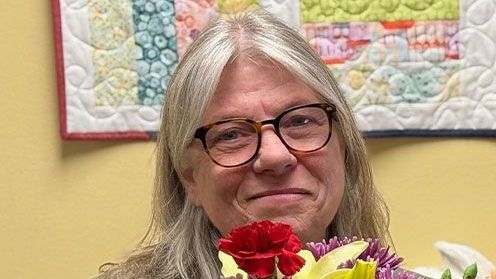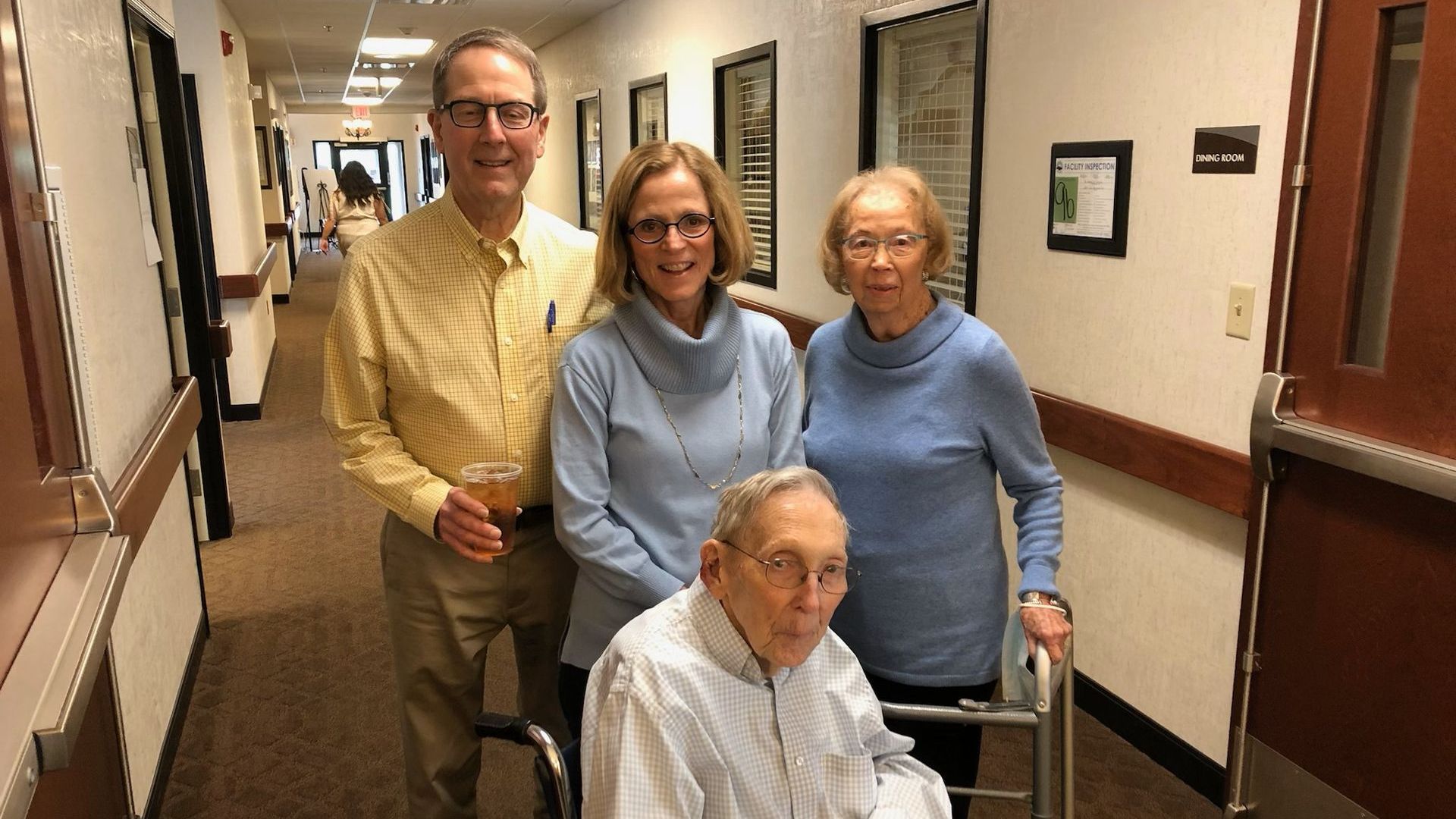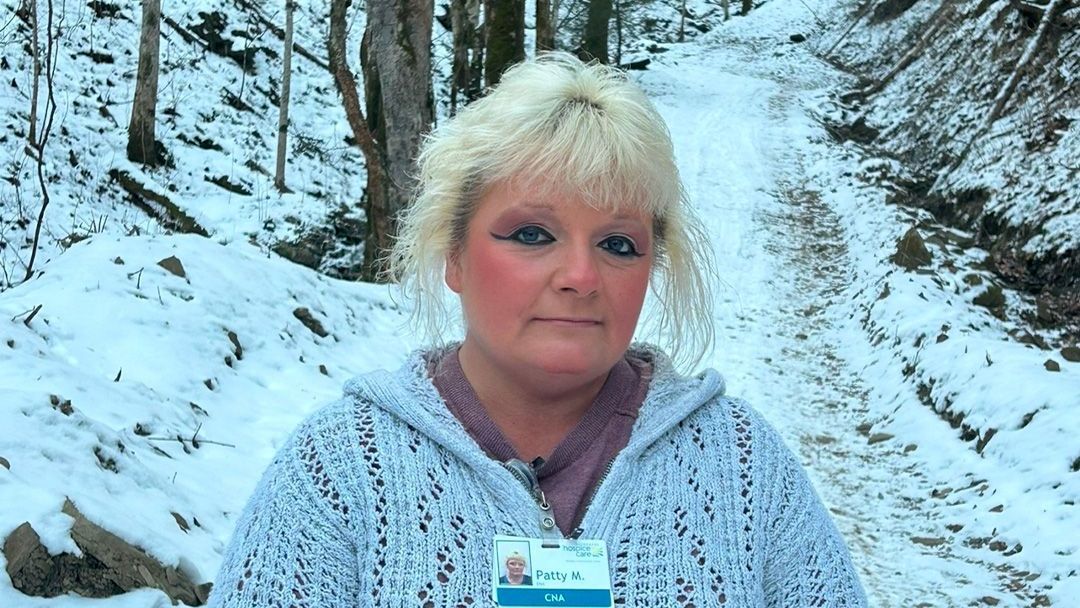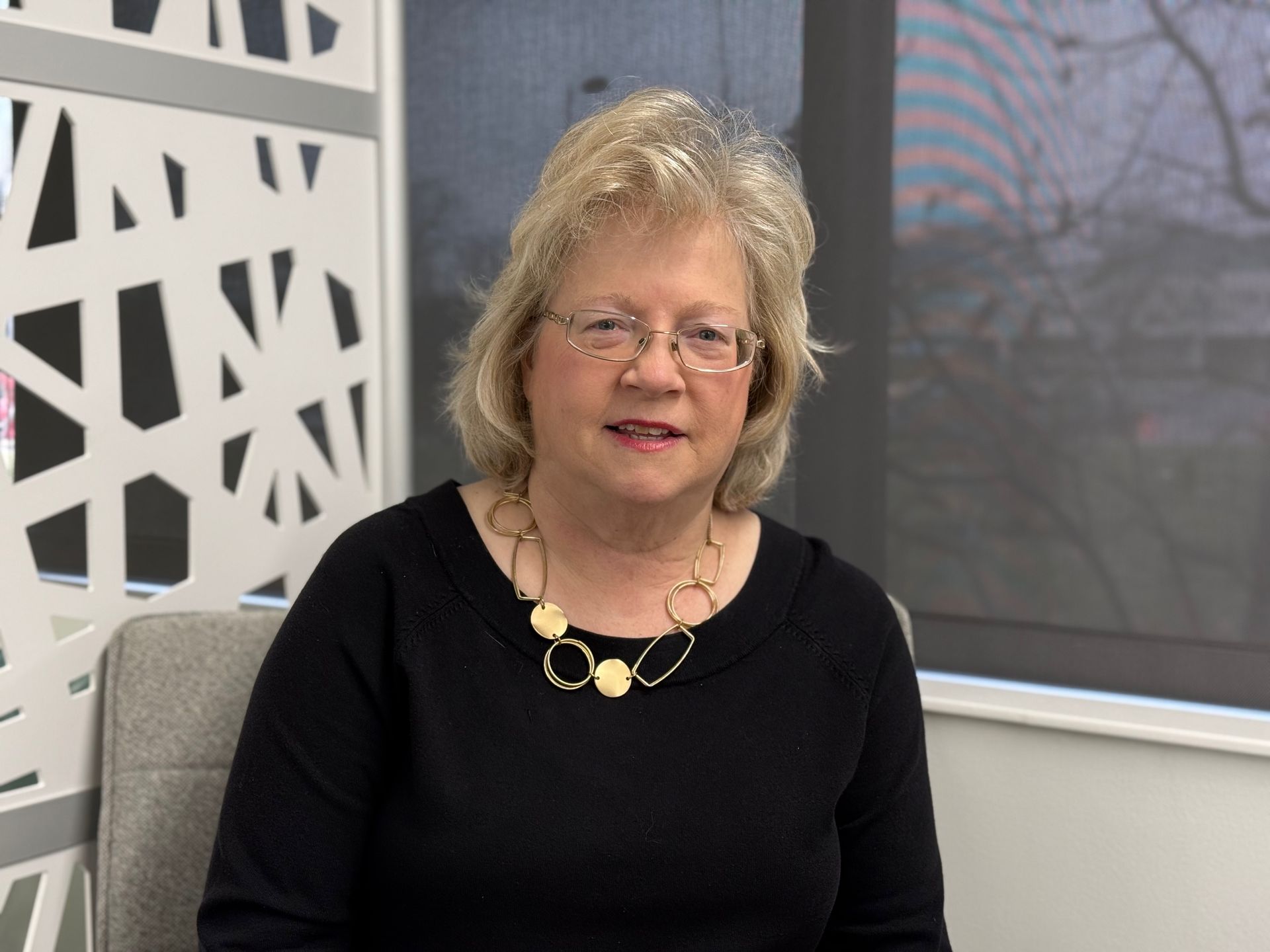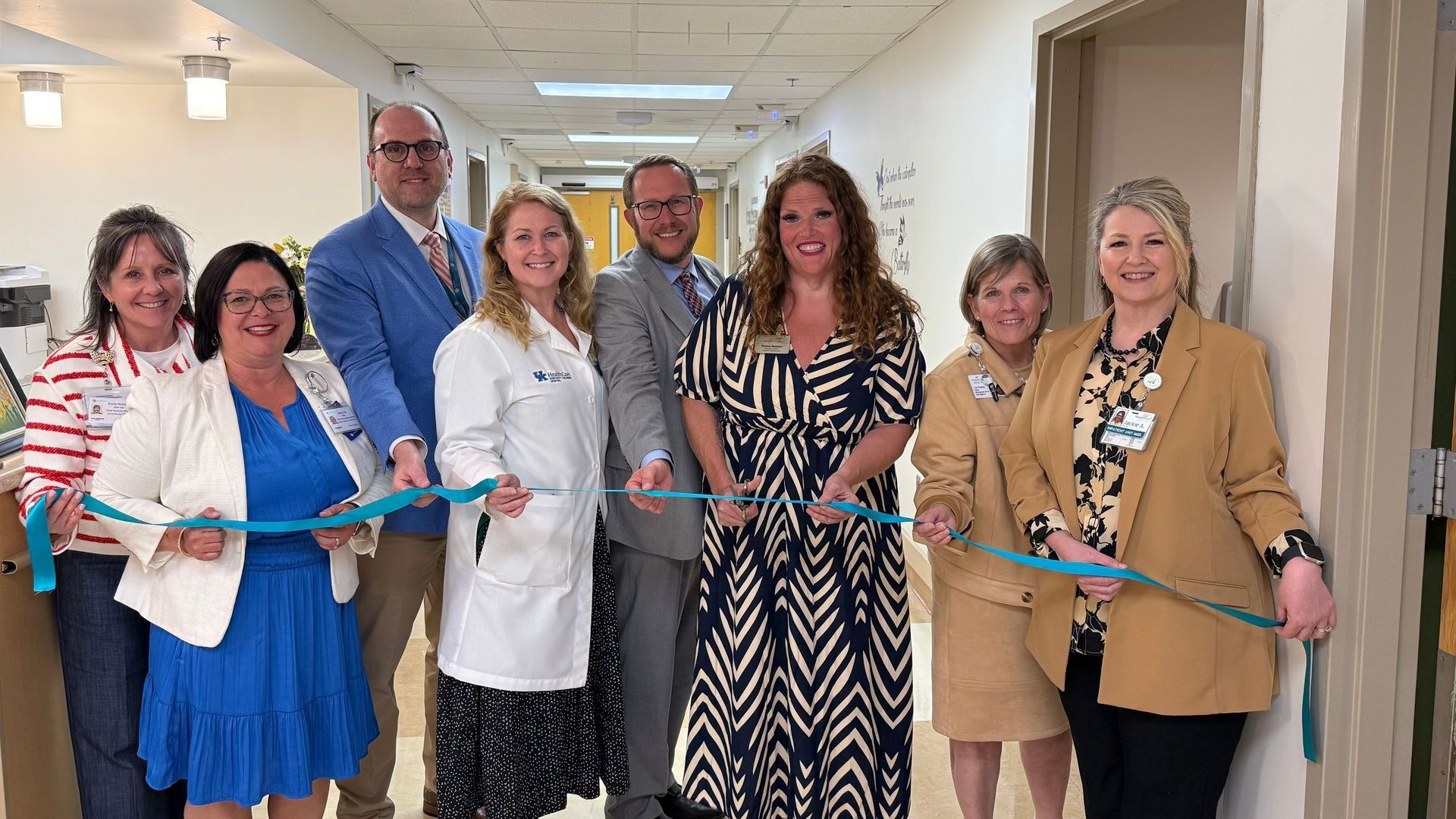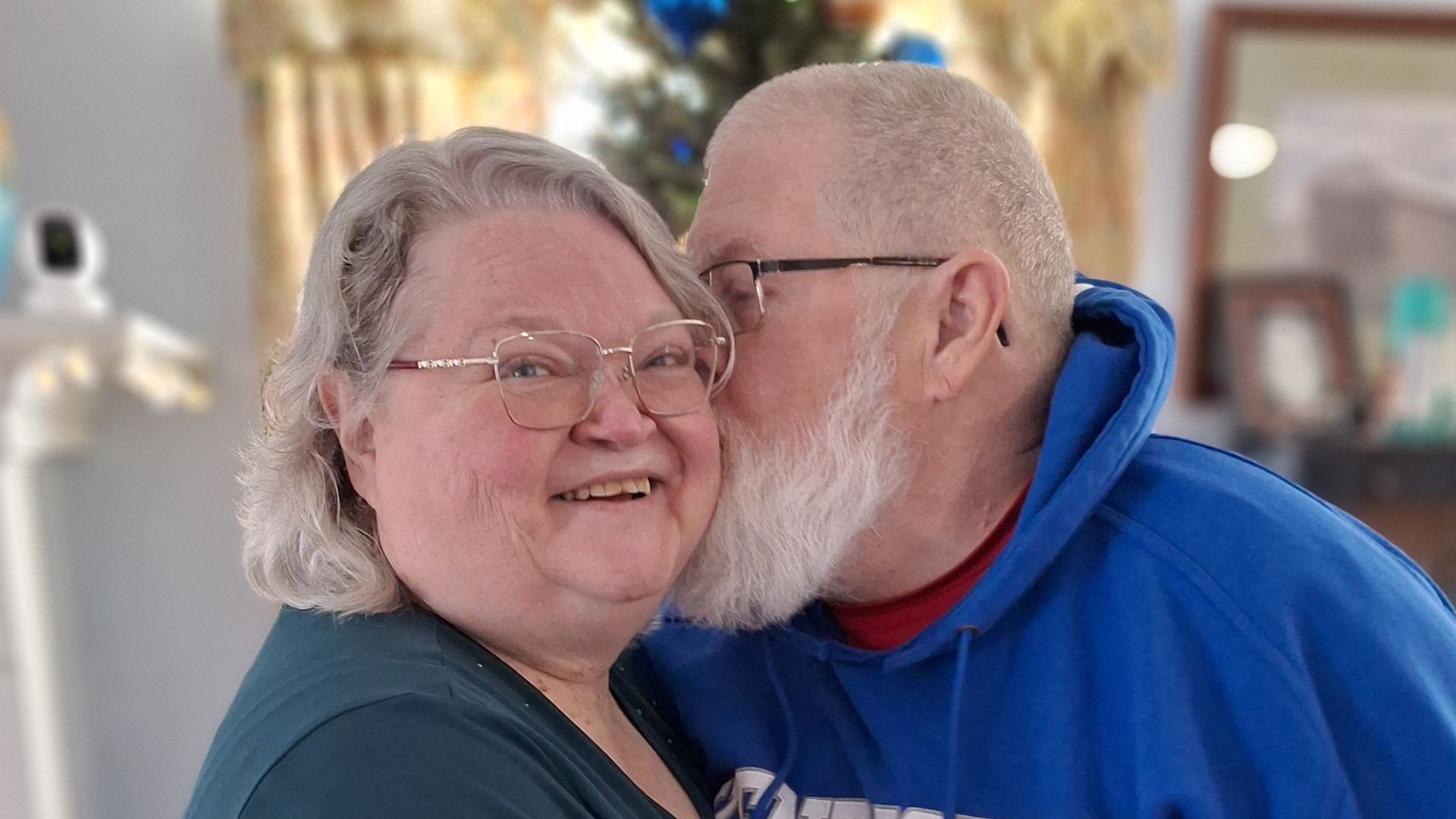Bluegrass Care Navigators Offers Free, Grant-Funded Dementia Program
According to the Alzheimer’s Association, six million Americans live with Alzheimer’s or a related dementia, and by 2050 that number is expected to rise to nearly 13 million. Bluegrass Care Navigators (BCN) offers Transitional Care Dementia, a free, grant-funded program, to provide in-home care and support for families living with this disease. This service offers education and resources for patients and caregivers that include coping skills, home-based interventions and companionship opportunities.
“The great thing about Transitional Care Dementia is that not only will patients and caregivers receive monthly visits and telephonic support from our home coaches, but we also have funding built into the grant that allows many of our patients to be able to access some respite or personal care services through agencies we work with in the communities,” Jamie Cody, Transitions Program Manager, said.
Funded by a grant from the Administration for Community Living under the U.S. Department of Health and Human Services, Transitional Care Dementia is designed to support and educate not only the patient, but the caregiver as well. The six-month, home-based program includes monthly visits by a Transitions home coach, telehealth support, and companionship from volunteers as needed. A team of nurses and social workers develops a patient-centered plan of care using the Resources for Enhancing Alzheimer’s Caregiver Health (REACH) model of care.
REACH is an evidence-based, caregiver skill-building program that educates the caregiver on what to expect in the moment and helps them to be knowledgeable of disease progression. Home coaches tailor the plan of care to each situation and, using REACH, help caregivers learn to manage problem behaviors, develop communication techniques, reduce and manage stress, and access the tools needed to support long-term caregiving. Caregivers can also attend a virtual, monthly caregiver support group.
“A diagnosis of dementia is not required to be eligible for the program, so if someone has symptoms but not a formal diagnosis, just call and learn more. If the dementia program isn’t the right fit, we likely have another service that would best serve the patient,” Cody said.
Recently, BCN’s Transitional Care Dementia program provided care to a couple in which the husband suffered from dementia. While caring for her husband, the client’s wife was diagnosed with cancer and needed weekly chemotherapy treatments. At first, she took her husband with her for the eight-hour treatment, but when the pandemic hit, visitors were no longer allowed. The client was referred to the Transitional Dementia Care Program who met with the couple, assessed their needs and were able to provide respite care while the wife received her treatment.
“It was really great because the respite caregiver worked with the client and really engaged him,” Cody said. “The client benefitted from the care and socialization while his wife received much needed medical care and respite. A great outcome!”
To learn more about Bluegrass Transitional Care or the Dementia program, call 855.492.0812 or visit https://www.bgcarenav.org/dementia.
